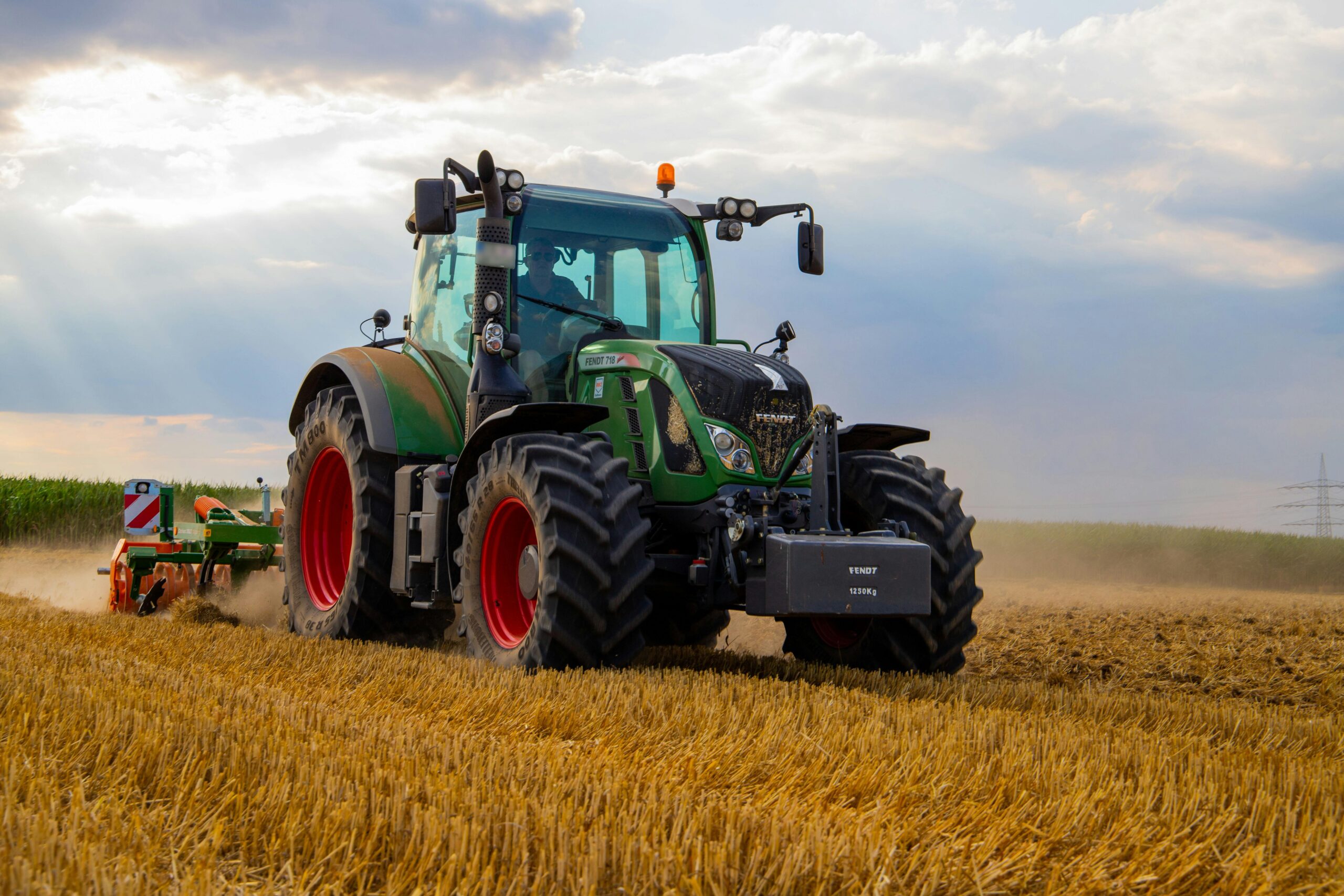The government have announced plans, from April 2026 inherited agricultural assets worth more than £1m, which were before exempt, will now have an inheritance tax at 20%. The government insists that only the richest would face an extra tax bill, but farming groups don’t agree saying almost every farming estate will be affected.
Thousands have protested the changes to the tax in London. Among those farmers was tv presenter Jermery Clarkson who said, “it is the end for farmers”. The prime minister has said he understands but the “vast majority” will not be affected. Lincolnshire Farmer and member of the NFU has said “Farmers are quite good at taking a lot of nonsense lying down and they just take it and accept it. But this is a bridge too far for us. We need to stand up and say this is wrong.
These strikes and rally have had great turnouts with around 20 to 50 thousand farmers aging from old to young. This has caused an intense debate about it but for a good reason as it is said to eventually affect 70,000 farms across the time it will be running. It is suggested that 66% of farms in England will be affected. We need to protect our farms for the generations to come so farming can carry on over the generations keeping people’s family history alive.
Why should farmers be exempt from a tax that affects us all This tax exemption was made because farming is often not a lucrative business, and the work is difficult, so people often do it simply because it is the family business. If farmers sell up, this affects food security. The UK now produces less than 60% of the food its inhabitants eat According to the government website there is not normally inheritance tax to pay if your estate is below the £325,000 threshold or if you leave everything above that threshold to your partner, charity or a community sports club.
Jeremy Clarkson, who was at the protest, wrote that he was buying farmland to avoid paying taxes. The 64-year-old, who is the face of Clarkson’s farm, which showcases the challenges of running his Oxfordshire farm, had previously written: “I have bought a farm. There are many sensible reasons for this: Land is a better investment than any bank can offer. The government doesn’t get any of my money when I die. And the price of the food that I grow can only go up. “According to the government website there is not normally inheritance tax to pay if your estate is below the £325,000 threshold or if you leave everything above that threshold to your partner, charity or a community sports club. Farmers have been exempted as they want to bolster food security and to keep people on the land.
According to the government website they say, Reforms announced at the Budget will help raise money to fix the public finances while protecting small family farms from unfairly high inheritance tax. The government is committed to supporting farmers and rural communities, including helping families to pass their land on to the next generation. But will this help?
By Maisie Yr 9
Boston High School Newsroom
